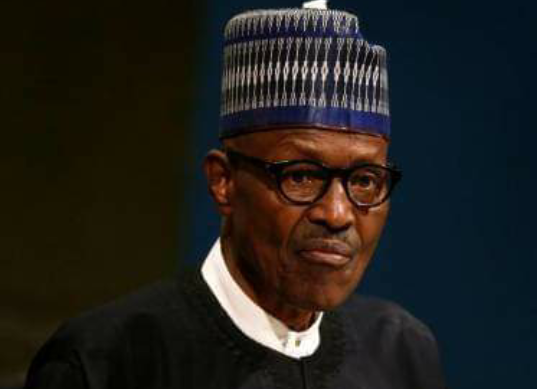Hajia Sadiya Farouq, Minister of Humanitarian Affairs, Disaster Management and Social Development, has disclosed that the Nigerian Government expended over $5 billion since 2016 to fight poverty in the country.
The statement was made known by the National Coordinator of NSIP, Dr Umar Bindir, who represented the minister on Saturday in Yola at an event.
According to the minister, President, Muhammadu Buhari since 2016 has backed his pledge to pull 100 million Nigerians out of poverty by committing $1 billion through the National Social Investment Programme to reduce poverty and inequality.
She also described as factual the data referenced in the President’s Democracy Day address, which said 7.5 million people had been pulled out of poverty.
“I am happy to report to you that every year since 2016, when NSIP was flagged off, Mr President has approved that $1 billion be invested into that sector every year (which aggregated is over $ 5 billion),” she said.
Despite, Buhari’s Government saying it spent $5 billion in 5 years to fight poverty, a report shows that one in every two Nigerians in the country’s labour force is either unemployed or underemployed.
The report published on August 14, 2020 by Quartz Africa, further said that
“grim statistics was one of the key highlights of the latest unemployment report published by the Nigerian Bureau of Statistics, which shows the most recent data as of Q2 2020.
“While Nigeria’s unemployment rate has climbed to 27.1% (up from 23.1% in Q3 2018, when the unemployment report was last published), the country’s underemployment rate—which reflects those working less than 40 hours a week, or in jobs that underutilize a person’s skills, time, or education—has increased to 28.6%.
“With a labour force of 80.2 million, that means about 21.7 million Nigerians are unemployed, a figure that exceeds the population of 35 of Africa’s 54 countries. Among young Nigerians aged between 25 and 34, the largest bloc of the labour force, the unemployment rate currently stands even higher, at 30.7%.
“The report is particularly damning for the administration of Nigeria’s President Muhammadu Buhari, which has struggled to deliver economic policies to drive growth and create jobs. The unemployment rate has more than tripled since Buhari first took office in May 2015.”








